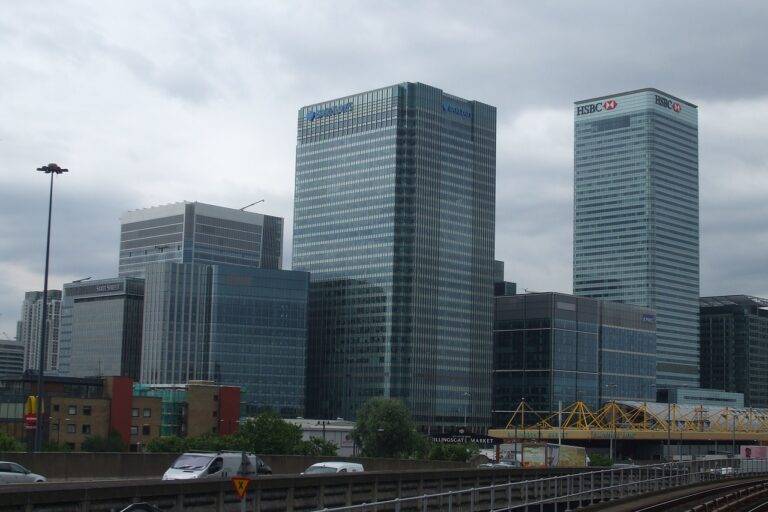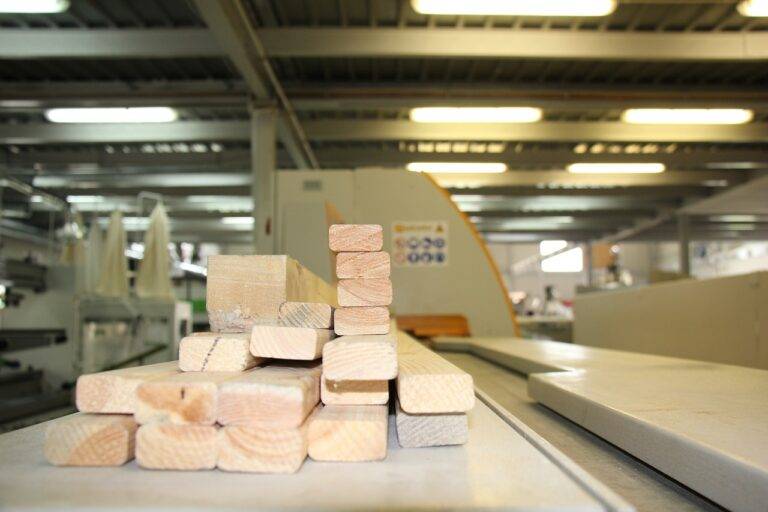The Impact of Urbanization on Car Design: Betbhai247, Playexch live, Gold365
betbhai247, playexch live, gold365: Urbanization has been a significant trend across the globe for several decades. As more and more people move to cities, the way we design cars has also evolved to meet the unique challenges and opportunities presented by urban environments. In this article, we will explore the impact of urbanization on car design and how manufacturers are adapting their vehicles to fit the changing landscape of our cities.
The Rise of Urbanization
Before we dive into the impact of urbanization on car design, let’s first understand what urbanization is and why it matters. Urbanization is the process by which more and more people are moving to cities, leading to the growth of urban areas and a decrease in rural populations. This trend has been fueled by factors such as economic opportunities, better infrastructure, and improved quality of life in cities.
As cities become more crowded and congested, the challenges of transportation become more pronounced. Urban dwellers face issues such as traffic congestion, limited parking space, and pollution. To address these challenges, car manufacturers have had to rethink the way they design vehicles to make them more suitable for urban environments.
Efficiency and Compactness
One of the most significant impacts of urbanization on car design is the emphasis on efficiency and compactness. In dense urban areas, space is at a premium, and large vehicles can be impractical and cumbersome to navigate through tight streets and crowded parking lots. As a result, car manufacturers have started to design smaller, more compact vehicles that are easier to maneuver and park in urban settings.
Compact cars are also more fuel-efficient, which is crucial in cities where traffic congestion can lead to long commutes and increased fuel consumption. By designing vehicles that are lighter and more aerodynamic, manufacturers can help urban dwellers save on fuel costs and reduce their carbon footprint.
Electric and Sustainable Solutions
With the growing concern over climate change and air pollution, car manufacturers are also looking towards more sustainable solutions in response to urbanization. Electric vehicles have gained popularity in recent years as a cleaner alternative to traditional gasoline-powered cars. By harnessing electric power, these vehicles produce zero emissions, making them ideal for urban environments where air quality is a significant concern.
In addition to electric vehicles, manufacturers are also exploring other sustainable solutions, such as hybrid cars and alternative fuels. By investing in eco-friendly technologies, car designers are playing a crucial role in reducing the environmental impact of transportation in urban areas.
Smart Technology and Connectivity
Another key impact of urbanization on car design is the integration of smart technology and connectivity. As cities become more interconnected through the use of digital technologies, cars are also evolving to become smarter and more connected. From autonomous driving features to advanced navigation systems, modern vehicles are equipped with a range of smart technologies that make driving in urban areas safer and more efficient.
Car manufacturers are also exploring connectivity features that allow vehicles to communicate with each other and with the surrounding infrastructure. This technology, known as Vehicle-to-Everything (V2X) communication, enables cars to exchange real-time information about traffic conditions, road hazards, and parking availability. By leveraging V2X technology, manufacturers can create a more seamless and efficient driving experience in urban environments.
Safety and Pedestrian-Friendly Design
As cities become more crowded, the safety of pedestrians and cyclists has become a top priority for car designers. In response to this trend, manufacturers are incorporating pedestrian-friendly features into their vehicles to reduce the risk of accidents and collisions in urban areas.
From advanced safety systems such as automatic emergency braking to external airbags that protect pedestrians in the event of a crash, modern cars are equipped with a range of safety features that prioritize the well-being of all road users. By designing vehicles with pedestrian safety in mind, manufacturers are contributing to the creation of safer and more livable cities for everyone.
Adaptability and Customization
In the face of rapid urbanization, car manufacturers are also focusing on adaptability and customization in their designs. Urban dwellers have diverse needs and preferences when it comes to transportation, and car designers are responding by offering a range of customizable options that cater to different lifestyles and usage patterns.
From compact city cars to rugged SUVs and electric sports cars, manufacturers are expanding their product offerings to meet the varied demands of urban consumers. By providing a diverse range of vehicles that can be tailored to individual preferences, car designers are ensuring that urban residents have access to the right vehicle for their unique needs.
Conclusion
The impact of urbanization on car design is undeniable. As cities continue to grow and evolve, car manufacturers are faced with the challenge of designing vehicles that are efficient, sustainable, and safe for urban environments. By emphasizing compactness, sustainability, smart technology, safety, and adaptability, manufacturers are paving the way for a new era of urban transportation that is tailored to the needs of city dwellers.
FAQs
Q: How are car manufacturers addressing the issue of traffic congestion in urban areas?
A: Car manufacturers are developing technologies such as autonomous driving and traffic management systems to help alleviate traffic congestion in urban areas.
Q: What are some of the key safety features that car manufacturers are incorporating into their vehicles for urban environments?
A: Car manufacturers are incorporating features such as automatic emergency braking, external airbags, and pedestrian detection systems to enhance safety in urban areas.
Q: How are electric vehicles contributing to sustainability in urban transportation?
A: Electric vehicles produce zero emissions, making them a cleaner alternative to traditional gasoline-powered cars and helping to reduce air pollution in urban areas.







